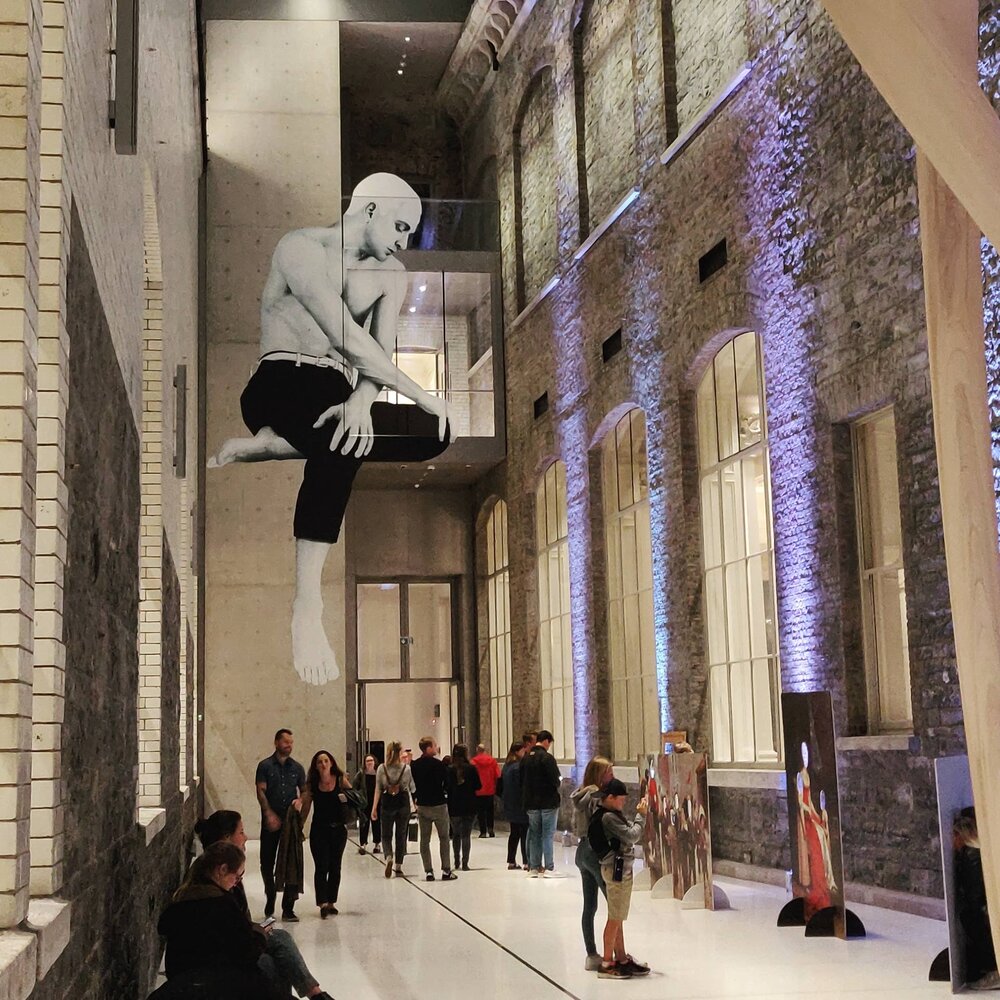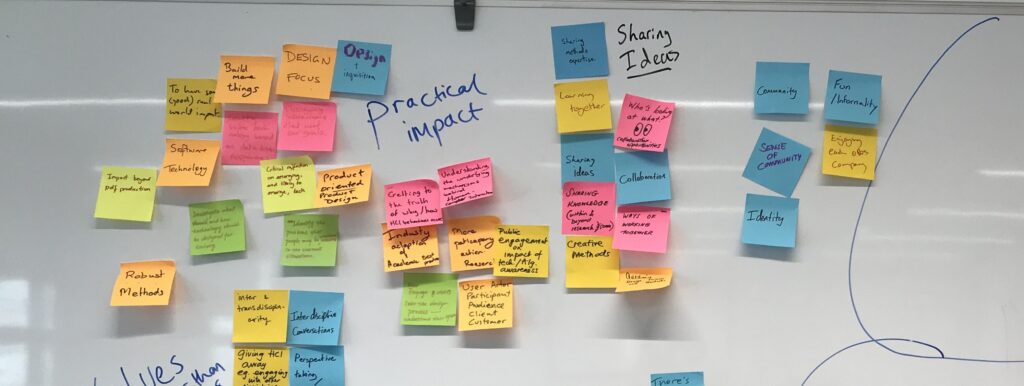JOE CASLIN – ‘FINDING POWER’
My work in computer science research is closely related to social factors and, ultimately, people. All my research projects involve participants and stakeholders to learn their experiences and views on various technology and health-related topics and issues.
Sometimes it is not easy – especially now, during COVID-19 triggered social distancing – and occasionally, I envy those in “hardcore” computer science dealing with algorithms and writing sophisticated code to implement them. Well, it is too late to dream of becoming one of the successful AI scientists (and having their industrial salary levels) anyway.
Still, being serious, I believe that the research on social factors in computing has a great impact on computer science, society, and my life as a researcher. I am convinced that I owe my fluent Italian to healthcare professionals and family members of older adults living in Italian nursing homes, as I had to talk to many of them to conduct my studies during the PhD. Some of the most incredible life stories I have heard come from assisted living facilities in downtown San Francisco where I spent my days conducting interviews during my Internship at BLUES.
All this being said, a big part of my academic work is being involved in a variety of activities designed to engage the wider community and broaden participation. These activities also contribute to “Education and Public Engagement (EPE)”, which includes many and varied ways university staff and students engage with others outside the institution. While I am used to some EPE activities mentioned earlier, I am still learning to use other ways and channels. Luckily, during my current postdoc with Lero, I have lots of opportunities and support for EPE training, and this week I had a chance to use it in practice on Irish radio. The first short interview was with Alan Corcoran on SouthEastRadio, a local radio station for the people of County Wexford. The second longer discussion was with Sue Nunn on KCLR, a local radio station of Kilkenny and Carlow (SoundCloud recording here).
During these short radio interviews, I have discussed our ongoing international survey on the impact of COVID-19 contact tracing apps. In this study, we want to explore people’s attitudes on the response to the COVID-19 outbreak and governments’ actions in the US, the UK and Ireland. As the survey is nearly closing, we have some preliminary data, and – as it happens with online surveys – the majority of the participants is younger adults living in the cities.
I realise that COVID-related information fatigue is real, and I personally experience it as well. Still, for the topic as important as contact tracing – not only at the moment but also for potential future applications – it is crucial to capture a comprehensive and representative section of society. Coming to the radio, I wanted to reach out to those whose voices are less represented, for instance, people living in non-urban areas, not being originally from the country they are living in, or those who disagree with aspects of digital contact tracing.
I am glad I had the chance to speak about my research and reach out to a broader audience. I am looking forward to completing the study and sharing the results with the academic community through peer-reviewed publications, as well as (and as important as) using other channels in line with EPE. I hope that I will improve my skills for such communications in future and ?̶?̶?̶ ̶?̶?̶?̶?̶?̶ be less nervous.


